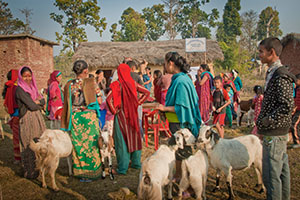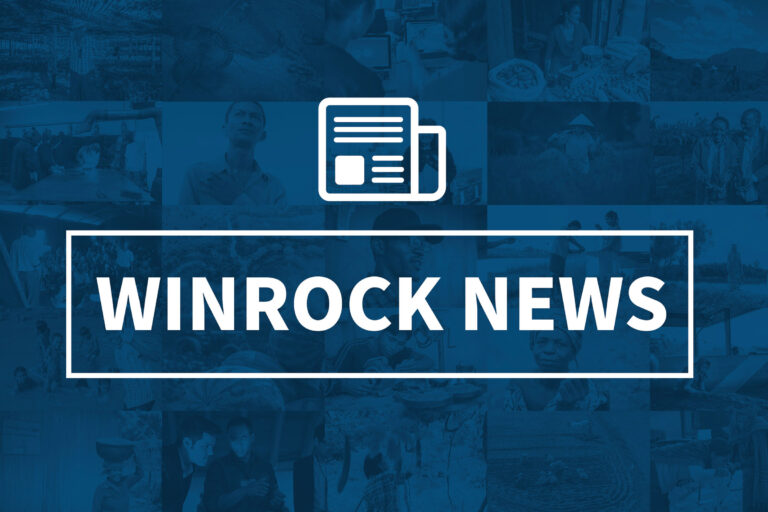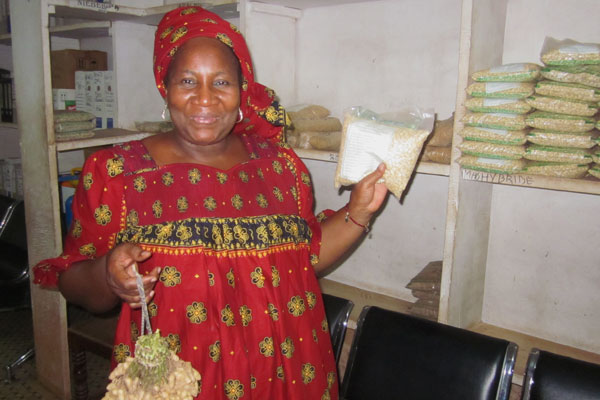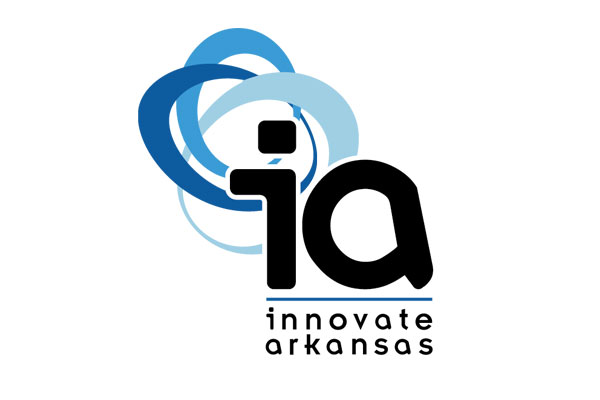August 2013

Winrock-Implemented Project Featured on USAID Impact Blog
August 6, 2013
(July 17, 2013) — Facing limited educational opportunities in rural Nepal, the Education for Income Generation (EIG) project allowed Sitara to learn how to read and write and get training in agriculture production. Her income has significantly increased and she is even able to put money in savings. Read her full story on the Impact […]
American Carbon Registry Issues First California Registry Offset Credits
August 6, 2013
SACRAMENTO, Calif. (August 5, 2013) — The American Carbon Registry (ACR), an approved California Offset Project Registry, has issued the first Registry Offset Credits (ROCs) of the California compliance offset program. ROCs are eligible to be transitioned to Air Resource Board (ARB) compliance Offset Credits, which can be used by California entities to help meet their emissions […]
New Winrock-Led Center Will Train and Help Fund 30 Small Businesses in Louisiana
August 6, 2013
CAMERON PARISH, La. (March 6, 2013) — A new Winrock-led center in Cameron Parish, La., will train, assist and help fund 30 local small businesses. The Cameron Local Enterprise Assistance and Recruiting Center is the result of an investment by the Delta Regional Authority to support Cameron’s economic community, which has struggled since 2005’s Hurricane […]
Malian Seed Producer Helped by Winrock Volunteers
August 6, 2013
(June 28, 2013) — Two Winrock Farmer-to-Farmer volunteers helped a Malian seed producer become successful while contributing to Mali’s food security. Her story, One Woman’s Success Means Thousands Can Eat, is featured on the U.S. Agency for International Development’s website within its “Transforming Lives” section. Read the full story.
Green-e Climate Approves American Carbon Registry as Endorsed Offset Program
August 6, 2013
SAN FRANCISCO (June 18, 2013) — Center for Resource Solutions (CRS) today announced that the American Carbon Registry (ACR) has been accepted as a Green-e Climate Endorsed Program by the Green-e Governance Board. Beginning immediately, eligible Emissions Reduction Tons (ERTs) issued by ACR are available for use in Green-e Climate certified offset products sold by […]
American Carbon Registry Presents Annual Awards
August 6, 2013
SAN FRANCISCO (April 17, 2013) — Last night, the American Carbon Registry (ACR), a nonprofit enterprise of Winrock International, hosted its annual awards event. Welcoming invitees, Winrock President and CEO Rodney Ferguson affirmed Winrock’s continued commitment to supporting the American Carbon Registry in its role as an innovator in the voluntary carbon market, as well as […]
Forbes.com Features Winrock Accelerator Projects
August 5, 2013
(July 31, 2013) — Forbes.com analyzed Arkansas’s startup scene in a column by Erica Swallow that was published online today. Among others, Swallow featured Innovate Arkansas and The ARK. Innovate Arkansas, a program of the Arkansas Economic Development Commission and Winrock International, aims to encourage technology-based innovations and create jobs in Arkansas. The ARK business […]